Driverless tractors and intelligent excavators – digital technologies are fundamentally changing the way we produce, drive, and use farm and construction machines and the world around them. This was the focus of the conference “Smart Regulation for Smart Machines” held during the CECE-CEMA Summit on September 23, 2015 in Brussels by the European industry associations for agricultural machinery (CEMA) and construction equipment (CECE).
The dramatic speed and depth of the digital transformation can best be seen by looking at smart machines in operation today. Thanks to ICT integration, a tractor is already able to drive and work pretty much by itself, saving farmers valuable time and money. “We hear every day about self-driving cars but, truth is, in our sector, we’ve had them for years. In fact, it’s probably fair to say that the agricultural machinery industry is one of the largest producer[s] of autonomous vehicles in the world,” says CEMA President Richard Markwell.
The rapidly growing ability of machines to collect, transmit and analyze huge amounts of data on the go is making working processes smarter, safer and greener. The digging function of an intelligent excavator, for instance, is increasingly automatized. Thanks to such automated precision, errors and machine downtime in operation can be reduced, which saves time, fuel and costs. “For our customers, digitization means greater comfort, safer operations and significant cost savings. For society, it means greater sustainability and more environmental protection,” underlines CECE President Eric Lepine.
Wanted: a smart regulatory framework – Digit@lManifesto calls for policy action
When it comes to mastering the transition towards higher-value digitized machines and processes, EU legislation has a prominent role to play. “Looking at the truly transformative journey that lies ahead, our members and customers need a smart regulatory framework – smarter in the sense that it structurally supports innovation and use of digital machine technology in our sectors, and does not act as an unintended barrier,” says the associations' presidents upon the presentation of a joint manifesto that defines five priority areas for future policy action. In the document, CECE and CEMA call on the EU to:
- Devise smart regulation for smart machine technology
- Create a true and reliable Digital Single Market
- Use relevant EU tools and programs (CAP, European Investment Plan) to incentivize digital technology investment in agriculture and construction
- Improve broadband infrastructure in rural and urban Europe for rapidly growing data flows
- Support and encourage the development of digital skills

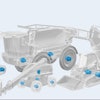

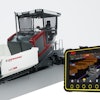
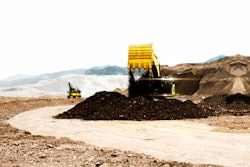
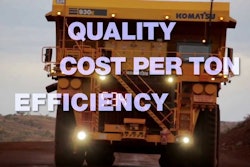




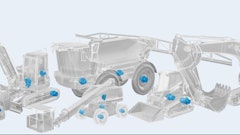
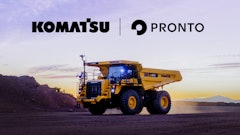
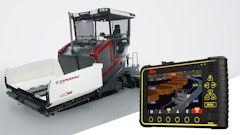
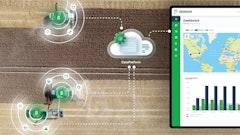
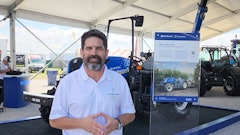

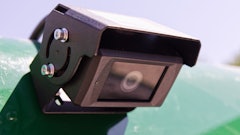
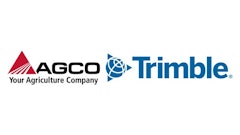
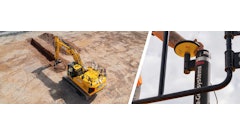
![Hd Hyundai Xite Transformation Booth Image[1]](https://img.oemoffhighway.com/files/base/acbm/ooh/image/2023/12/HD_Hyundai_Xite_Transformation_Booth_Image_1_.657a32d4218f2.png?ar=16%3A9&auto=format%2Ccompress&fit=crop&h=135&q=70&rect=113%2C0%2C1600%2C900&w=240)
